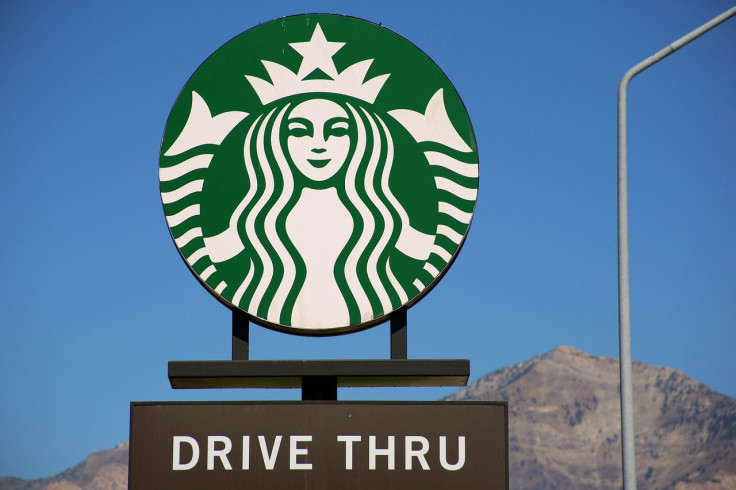Starbucks Sees No Sign Of Recession: 'Consumer Is Doing Well'

Starbucks CEO Kevin Johnson asserts his firm hasn’t seen any signs of an economic slowdown or a recession, bucking predictions a recession might hit the U.S. and the world as early as 2020.
“We have not seen signs in the U.S. of anything related to a slowdown, but we do know these things go in cycles,” he said on the CNBC program, “Mad Money.”
“Right now we’re firing on all cylinders and (the) consumer seems to be doing well.”
Johnson says Starbucks is more in tune with its customers than ever before. He credits this to investments in digital customer relationship systems.
“The company is on a path where we now are accelerating the pace of innovation in ways we believe are relevant to our customers, inspiring to our partners and they’re certainly meaningful to our business.”
Sales in China grew 6% in the second quarter despite the injurious effects of Trump’s trade war. Starbucks posted $6.8 billion in revenue in its second quarter, up 8% from year-on-year. Same-store sales in the United States jumped 7% and rose 6% in China. The positive outcome compelled Starbucks management to raise the full-year guidance to $26.4 billion.
Johnson said the addition of new cold brew beverages to the consumer menu and enhancing the customer experience both in store and digitally has been key to the company’s continuing string of higher sales.
He said technology has also allowed Starbucks to automate staff schedules, improve partner engagement, and bring customer connection scores to all-time highs.
“The company is on a path where we now are accelerating the pace of innovation in ways we believe are relevant to our customers, inspiring to our partners and they’re certainly meaningful to our business,” noted Johnson.
His claim that Starbucks hasn’t “seen signs in the U.S. of anything related to a slowdown” will change when the global economy sours on Starbucks.
Only yesterday, Morgan Stanley predicted the global economy will fall into recession six to nine months after the U.S. and China enforce their new round of tariffs announced in December, according to chief economist Chetan Ahya.
“Risks remain skewed towards further escalation at least until material market or economic weakness shows,” wrote Ahya in a note to clients. “Continued trade tensions, combined with reactive monetary and fiscal policy, mean that the risk of non-linear tightening in financial conditions, triggering a global recession, is high and rising.”

© Copyright IBTimes 2024. All rights reserved.





















